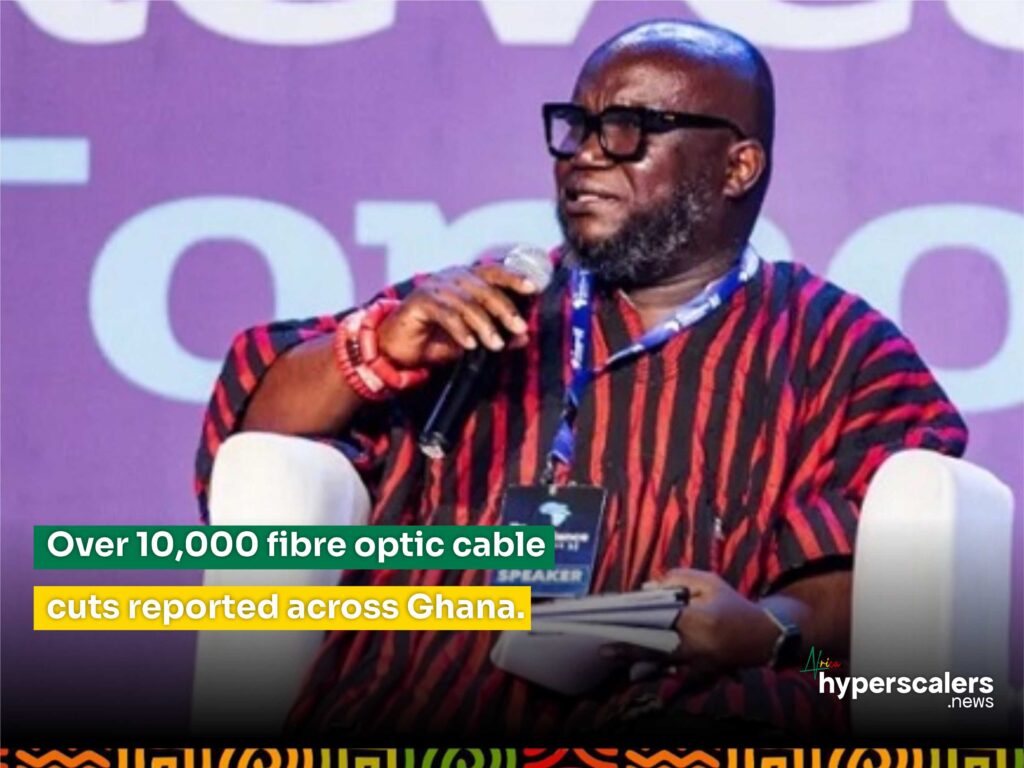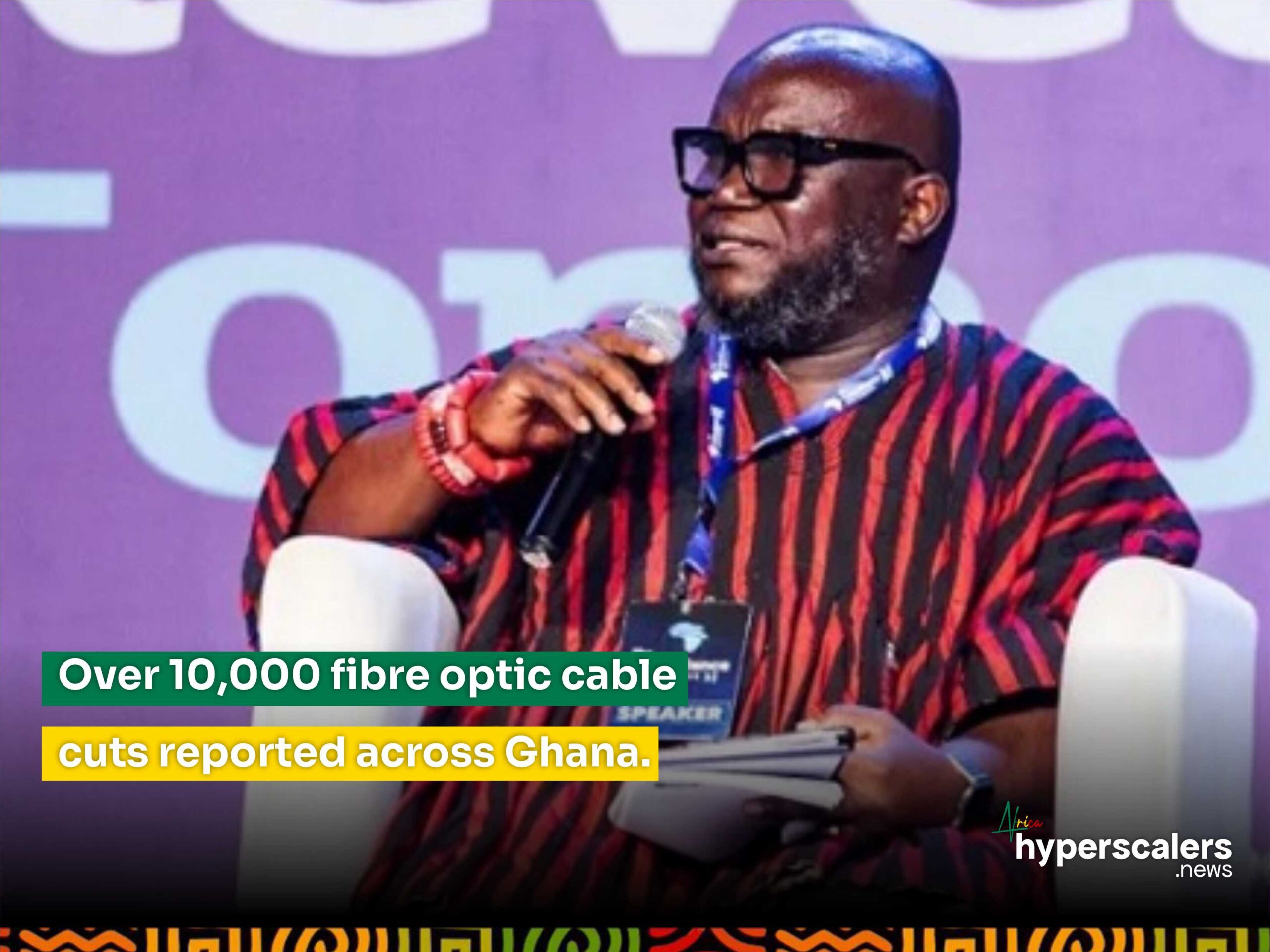The Ghana Chamber of Telecommunications (GCT) and the Electronic Money Issuers (EMIS) Chamber of Ghana have revealed that between January and November 2024, a total of 10,233 fiber optic cable cuts were reported across the country. These incidents have incurred a significant cost to the telecommunications industry, amounting to $17,415,886.87 in repair expenses, with each repair averaging $1,639.61.
Dr. Kenneth Ashigbey, the Chief Executive Officer of the GCT, expressed grave concern over the rising number of fiber optic cable cuts, emphasizing that the frequency of these disruptions posed a serious threat to the stability of the national fiber network.
Dr. Ashigbey explained that the financial resources spent on repairs could have been invested in expanding and enhancing telecom services. “The funds, which could have been used to expand and improve existing services, had to be redirected towards repairing the damaged fiber optic networks,” he said.

He further reported that in 2024, road construction was responsible for 20.68% of fiber optic cable cuts. Other major causes included theft and vandalism (13.98%), private developer activities (13.40%), broken core (11.81%), damage to poles and aerial networks (11.61%), and drain construction (9.51%). Other contributing factors included fire, farming, and floods (7.85%), mining activities (5.93%), Ghana Water Company Limited operations (1.91%), railway construction (1.21%), Electricity Company of Ghana activities (1.08%), and bridges (1.02%).
Dr. Ashigbey underscored the importance of collaboration in addressing the risks posed by these frequent fiber optic cable cuts, which threaten the integrity of the national fiber backbone. He described fiber optic cables as critical infrastructure that connects network operating systems, facilitates faster data transfers, and supports high-bandwidth applications and services.
As part of ongoing efforts to mitigate these disruptions, the Chamber is advocating for a policy that would prevent repeated digging in areas where roads have already been excavated. This would allow other parties to lay cables without the need for further digging.
In collaboration with stakeholders, the Chamber has also engaged contractors through the Association of Contractors during their Annual General Meeting to address these pressing issues. Dr. Ashigbey emphasized that the Chamber is pushing for the establishment of a specialized court to prosecute individuals responsible for fiber optic cable cuts and other related crimes that disrupt networks:
Like Ghana, fiber cuts and telecommunications theft cost Nigerian Mobile Network Operators, InfraCos, and other Service Providers N13 billion in 2022 and N14.6 billion in 2023.
Without a policy that designates and protects digital infrastructure as critical national infrastructure, these acts of sabotage have the potential to impede the region’s digital infrastructure goals.





